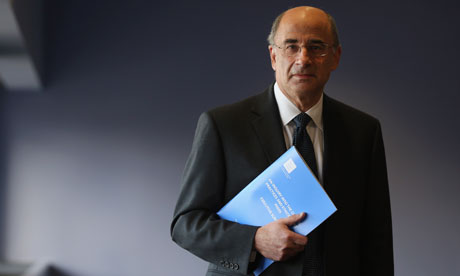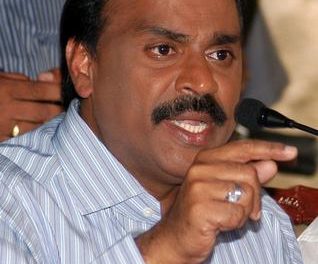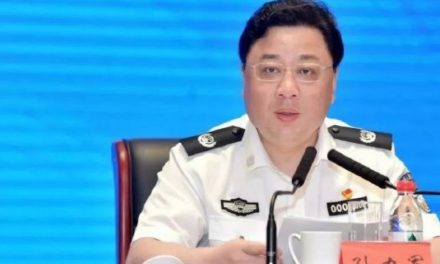 Lord Justice Leveson
Lord Justice Leveson
1 December 2012. The Leveson Inquiry into the culture, practice and ethics of the press has published its report. The key findings are: The Press An independent regulatory body for the press should be established. It should be backed by legislation. The legislation would enshrine a legal duty on the government to protect the freedom of the press. An arbitration system should be created through which the victims of the press can seek redress without having to go through the courts. The body should be independent of current journalists, the government and commercial concerns, and not include any serving editors, government members or MPs. The body should consider encouraging the press to be as transparent as possible in relation to sources for its stories, if the information is in the public domain. A whistle-blowing hotline should be established for journalists who feel under pressure to do unethical things. Police The report found no evidence of widespread corruption but criticised Former Met Police Assistant Commissioner John Yates for his relationship with media publisher News International, where he had friends working at the News of the World, including the deputy editor. Politicians Politicians of all parties had developed “too close a relationship with the press in a way which has not been in the public interest”. But it cleared former Culture Secretary Jeremy Hunt and PM David Cameron of being too close to the Murdoch media empire. Public The report found that the journalists have caused “real hardship and, on occasion, wreaked havoc with the lives of innocent people”. This happened to both famous people and members of the public. Press behaviour, at times, “can only be described as outrageous”. David Cameron threatened to veto the central recommendation of the independent regulatory body backed by legislation. He warned that new press laws would “cross the Rubicon” and undermine the centuries-old principle of free speech. The Prime Minister divided the Coalition by announcing that he was opposed to the state intervening in a free press and urged the House of Commons, to think “very, very carefully” about such a move. The findings of the official inquiry were backed by Nick Clegg and Ed Miliband who are now expected to join forces in an attempt to push through new press laws. Harry Potter creator, J.K.Rowling, criticized British Prime Minister, David Cameron, on Saturday of betraying victims of press intrusion after he opposed calls for laws to regulate newspapers. She said: “Mr Cameron said that he would implement sensible recommendations: it is time for him to honour that commitment and join the other political leaders by supporting the Leveson recommendations in their entirety.” She added that the Leveson report should be implemented in its entirety. Rowling, who told the Leveson Inquiry last year that journalists had repeatedly invaded her children’s privacy, She said one journalist slipped a letter into her daughter’s schoolbag while another contacted a headmaster over untrue claims that her daughter upset friends by telling them that boy wizard Harry Potter died in the last book in the series.















